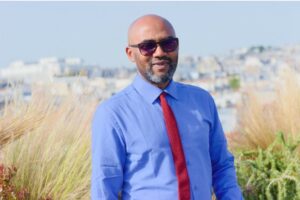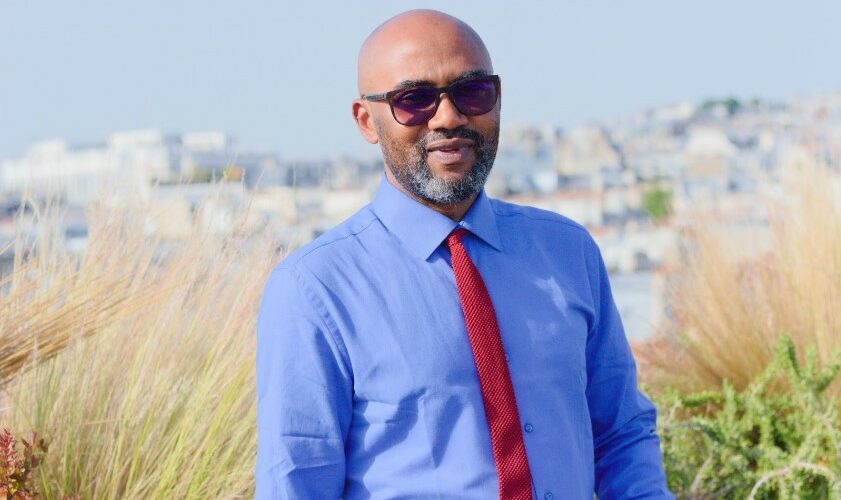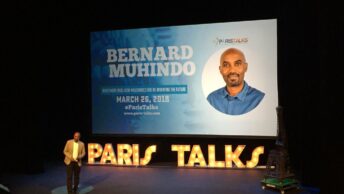
What is a political elite?
When discussing ‘the political elite’ of any continent or country, it is important to be clear on what kind of elite we’re talking about. In fact; the confusion around this definition is often why such conversations can be so divisive – and why you need to be clear about who you’re talking about.
The political elite always refers to those who govern, simply. But there are two types of governing elites: the kind that governs because they have the privilege to do so, and the kind that governs because they are the most qualified, the best suited, to do so.
Being a continent, Africa is not governed by a blanket entity that reaches into each country. But, there is a theme that surrounds the various governments: poverty.
Almost 60% of Africa’s population lived in poverty in 2020. Regardless of what kind of elite exists in Africa’s various countries, they would do well to address this concerning problem.
What can Africa’s Governing Class do?
1) Move away from foreign aid and toward wealth redistribution
While this strategy is likely to be implemented more by the elites who govern by virtue, a well-meaning elite who has inherited their role by nepotism could combat poverty in this way.
Regardless, Africa has received hundreds of billions of monies (US dollars) in the form of foreign aid that has – by many metrics – had little effect.
One reason for this is that the elites to whom this money is addressed may not be using the aid as intended. Instead of; say, using the money to invest in solutions to poverty (like fostering local businesses or developing branches of government to tax the wealthy) it is speculated that corrupt elites are funneling the money to individuals instead of communities.
2) Invest in Education
Africa is a cauldron of robust and diverse cultures and – as a result – many people there speak upwards of three languages! This might suggest to somebody looking in from the outside that literacy and education are well delivered, but this is not the case.
In Africa, the number of people who’ve attended higher education – or even had higher education made available to them – is criminally low. This results in a drought of thinkers like engineers, scientists, doctors, and teachers from whom the knowledge needed to empower Africa’s people stems.
3) Develop a Climate Policy
If ever there was a single thing that political leaders could do for their nation, it is to develop policies that protect their health and well-being. Policies set a benchmark for private and public action, which compels the nation as a whole to act in concert, which then affects real change.
Africa – like everywhere else on earth – is experiencing a transition wherein natural hazards are becoming natural disasters. Earthquakes are growing in magnitude, droughts are longer and more intense. When this happens in a nation defined by its poverty, we see often see the poor affected most harshly.
Imagine a farmer who owns a dozen cattle in one field. When a drought disrupts their ability to feed and water these needy beasts they – unlike a corporation that has a diversified portfolio of farming locations each with an expansive well of cattle – lose everything, throwing them ever deeper into poverty.
To invest in climate policy is to invest in Africa and her people.
Over to you!
I’m all aware that this list could be longer than these few points only.
I’ll probably add a few more points if and when I get time to write extensively, but what do you think?
What else should the African elite get to learn and do?





